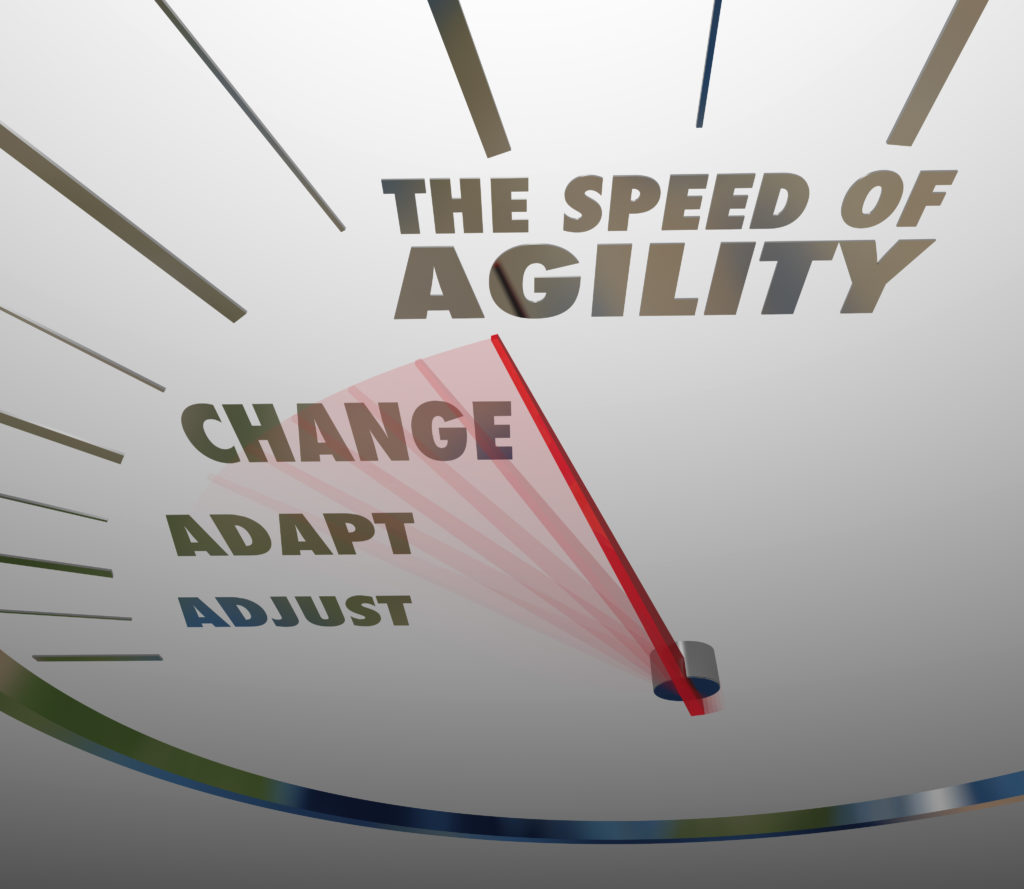Neuro Agility is the way forward in performance optimization. Just like a ballet dancer needs to be fit, supple, and agile to execute her skills with precision and beauty, a company’s workforce needs to be neuro-agile and mentally flexible to be able to execute their skills efficiently and accurately. Neuro Agility, therefore, has a significant impact on the ease, speed, and flexibility of individual and team performances. For workers and athletes to out-think, out-learn, and out-create their competition, they need to take their Neuro Agility and mental flexibility to the optimum level.
The brain has unlimited potential in terms of what one can learn, think, and create. Sometimes the performance of world-class athletes and corporate teams may not reflect that of people with unlimited potential, because drivers like brain agility, stress coping skills, good sleeping patterns, sufficient movement, growth mindsets, or healthy eating habits are lacking. To optimize their brain’s performance, athletes, coaches, managers, leaders, and teams must know how these drivers influence their brain performance and neurological design and learn the appropriate skills to optimize it.
When an athlete is fatigued, it may lead to a hand-eye coordination problem or limit their natural muscle speed for a fraction of a second. Brain agility is as important as physical fitness. Neuro-Link’s research shows that brain agility is the lowest scoring element for athletes and workers in general. Even when an athlete is brain fit, but fatigued (lack of coping with stress, bad sleeping patterns, limited mindsets, or incorrect brain foods), it will neutralize their brain agility and cause some brain areas to “switch off” (become less receptive). This also applies to the corporate space. When team members are fatigued, it will lead to a higher risk for human error during stress.
Fit matters. When there is alignment between an athlete’s natural neurological design and how they play their sport, they become passionately dedicated and intrinsically motivated to compete. From a neuroscience perspective, passion is good fuel for the brain and body, as an athlete produces vital neurotransmitters that are good for energy health and improved performance. People’s neurological designs indicate how they are naturally talented. Doing a sport according to their natural, neurological design will therefore improve their brain health and performance and assist them in being more effective and competitive. When it comes to corporate teams, having alignment between people and the job functions they perform, is essential to the motivation and successful outcomes of the given tasks.
When there is a miss-alignment between the athlete’s, or employees’ neurological design and how they play their sport or perform their tasks, it will impact their performance negatively. From a neuroscience perspective, this will cause them to produce inhibiting chemicals that will act as bad fuel for their brain and therefore negatively impact their immune system and deplete their energy.
When a soccer player, for example, is left-eye dominant, but right-footed, a lack of brain agility, stress, or fatigue may cause a visual neurological hindrance that will negatively influence his/her performance during the game and may even cause the team to lose.

